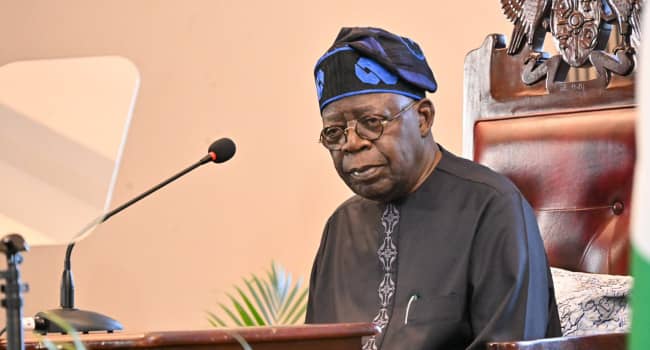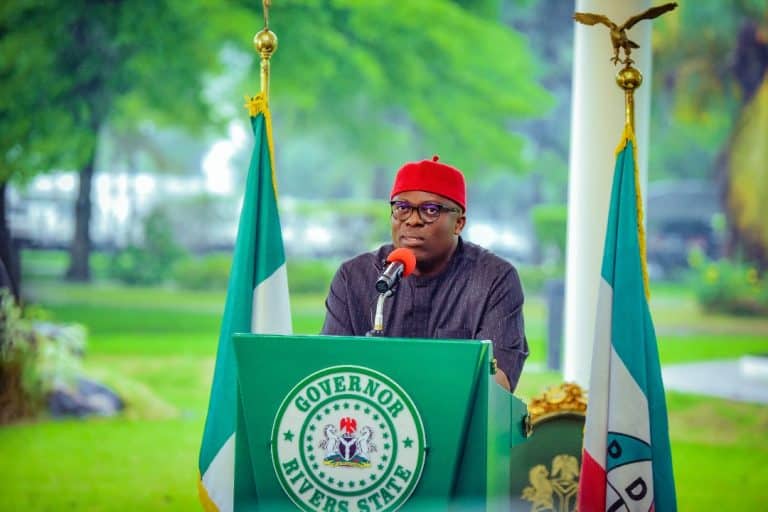United States President Donald Trump has dismissed widespread rumours about his health, describing the claims of his death as “fake news.” The 79-year-old leader made the remarks on Tuesday at the White House following a week of online speculation that had fueled viral misinformation across multiple platforms.
The rumours gained momentum after Trump was absent from public appearances, sparking claims that he had been hospitalised or had passed away. According to misinformation watchdog NewsGuard, the hashtag #TrumpDead trended on X (formerly Twitter), generating more than 104,000 mentions and reaching over 35 million views.
In his remarks to reporters, Trump said the speculation was unfounded. “Fake news,” he responded when asked about the claims, later adding on his Truth Social account over the weekend, “NEVER FELT BETTER IN MY LIFE.”
The online falsehoods were reinforced by several misleading images and unverified reports. Social media users cited supposed road closures near Walter Reed National Military Medical Centre in Maryland as evidence of Trump’s hospitalisation, but there were no credible reports to support the claim. An image of an ambulance outside the White House was also widely shared, with users linking it to Trump’s health crisis. Fact-checkers later confirmed the photo was taken in April 2023 during Joe Biden’s presidency.
Another claim pointed to the White House flag being flown at half-staff, which some interpreted as confirmation of Trump’s death. In reality, the president himself had ordered flags lowered to honour victims of a school shooting in Minneapolis. Meanwhile, an AI-enhanced photo depicting Trump’s face with signs of a stroke circulated widely but was proven to be doctored. The original picture, according to NewsGuard, was simply out of focus.
Despite Trump’s public appearance and clear denials, misinformation continued to spread. A false post on Bluesky read, “White House just announced the president was dead,” even after Trump had addressed the issue directly.
The wave of false reports was traced mainly to anti-Trump accounts across X, Bluesky, and Instagram, highlighting how political divisions have fueled a broader environment of distrust and misinformation.
The health of American presidents has long been a subject of close public attention, and Trump’s situation has only intensified this tradition. As the oldest man ever elected to the presidency, his fitness for office continues to draw scrutiny. Trump has repeatedly turned the conversation back on Democrats, accusing them of concealing the health struggles of his predecessor, Joe Biden.
Biden, who was 82 when he left office in January 2025, ended his re-election bid after a poor debate performance against Trump. The moment fuelled renewed focus on the physical and mental fitness of leaders at the highest level of government.
For Trump, the false reports underline the growing challenge of misinformation in the digital age, where doctored images, outdated photos, and manipulated narratives can spread rapidly and gain traction before being debunked. His administration has continued to urge the public to rely on verified information and not be misled by unverified claims circulating online.
As Trump presses ahead with his presidency, the episode has added to the broader debate about the impact of misinformation on politics, public trust, and national discourse. Despite attempts to quell the rumours, the persistence of the falsehoods shows how quickly political narratives can spiral in an era of digital amplification.





